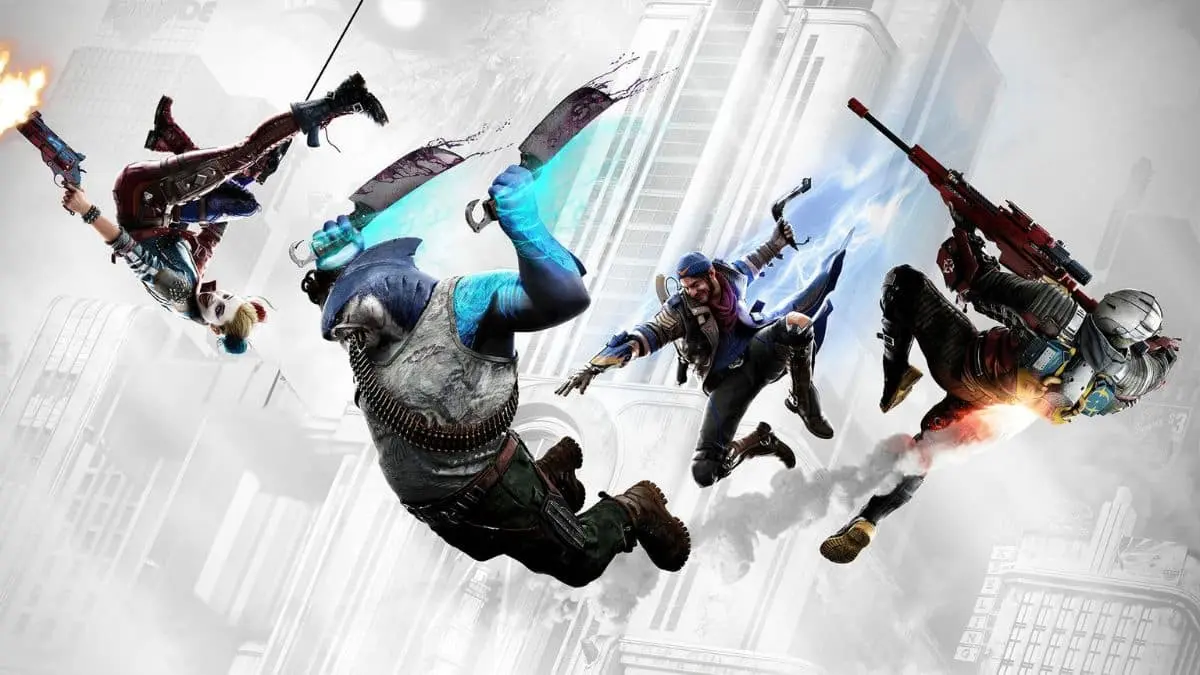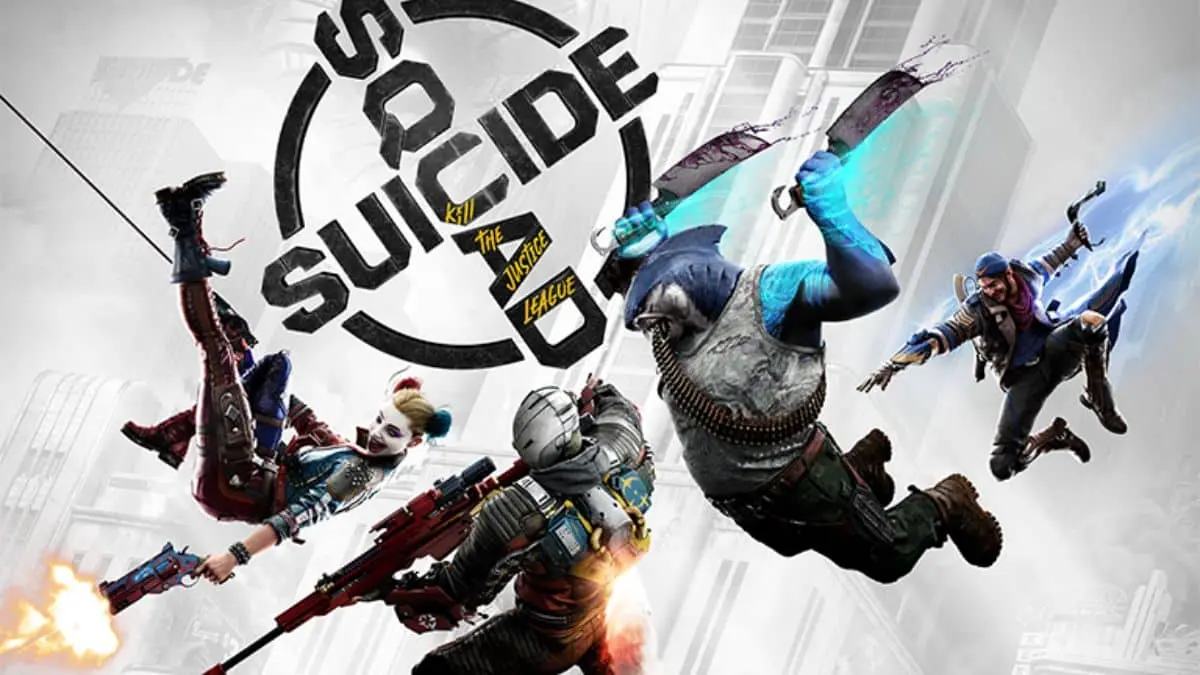After nearly a year since its launch, Suicide Squad: Kill the Justice League has reached its conclusion with its final major update. The game’s ending, a mix of closure and perplexity, leaves players wondering about the future of Rocksteady, the studio behind the title.
A Sudden Ending and the “Clone” Twist
In the final cutscene, narrated by Harley Quinn, the Suicide Squad and the now-liberated Justice League team up to defeat Brainiac and begin repairing their universe. The Justice League members, previously thought to be corrupted, are revealed to have been clones all along. This trope, common in comic book storytelling, drew mixed reactions from fans. For those familiar with such twists, it felt like a predictable choice, while newcomers might have found it confusing or underwhelming.
The suddenness of the game’s ending and Warner Bros.’ decision to quickly move past the project have left a bittersweet impression on players and critics.
Rocksteady’s Legacy and Immediate Future
Rocksteady, known for its critically acclaimed Batman: Arkham series, now faces significant questions about its direction. Speculation about the studio’s next steps is rife, especially given the challenges faced by its peers in the industry.
Looking at similar cases, BioWare pivoted to remastering the Mass Effect trilogy after the failure of Anthem. Some fans have suggested Rocksteady might consider revisiting the Arkham franchise, though the existence of Return to Arkham and the upcoming 10th anniversary of Arkham Knight complicate this idea. Recent reports indicate that Rocksteady may assist in creating a director’s cut for Hogwarts Legacy, but its long-term plans remain uncertain.

The Desire for Fresh Perspectives
Many fans hope Rocksteady will step away from Batman-centric games and explore other DC heroes or even original concepts. Before the release of Suicide Squad, rumors suggested the studio was developing a Superman game, and the recreation of Metropolis in the game was well-received. If not Superman, perhaps Rocksteady could bring another lesser-utilized DC hero to the forefront.
Alternatively, there’s a strong case for the studio to break free from the DC universe altogether. Rocksteady’s only non-DC title, 2006’s Urban Chaos: Riot Response, showcased its potential to succeed with original IPs. A foray into sci-fi, horror, or another genre could allow the studio to flex its creative muscles and shed its current constraints.
Lessons from a Challenging Project
The release of Suicide Squad: Kill the Justice League highlighted the pitfalls of chasing live-service trends at the expense of a studio’s strengths. Despite moments of brilliance, such as the introduction of corrupted Batman and the innovative Batman Museum sequence, the game ultimately failed to capture widespread acclaim.
Layoffs at Rocksteady and WB Montreal, which also contributed to the game’s development, underscore the challenges developers face in an increasingly unforgiving industry. However, Rocksteady’s history of creating beloved games suggests it has the talent and capability to rebound.
Hope for Rocksteady’s Revival
Fans and industry observers are rooting for Rocksteady to find its footing again. Whether through a return to its roots or a bold new direction, the studio has an opportunity to redefine itself. A fresh start—perhaps unburdened by the weight of DC’s iconic characters—could be exactly what Rocksteady needs to reclaim its position as a leader in the gaming industry.
In the meantime, as the curtain falls on Suicide Squad: Kill the Justice League, players and developers can only hope for a brighter future for one of gaming’s most talented teams.
Also Read: What Is The Anti-Life Equation?









